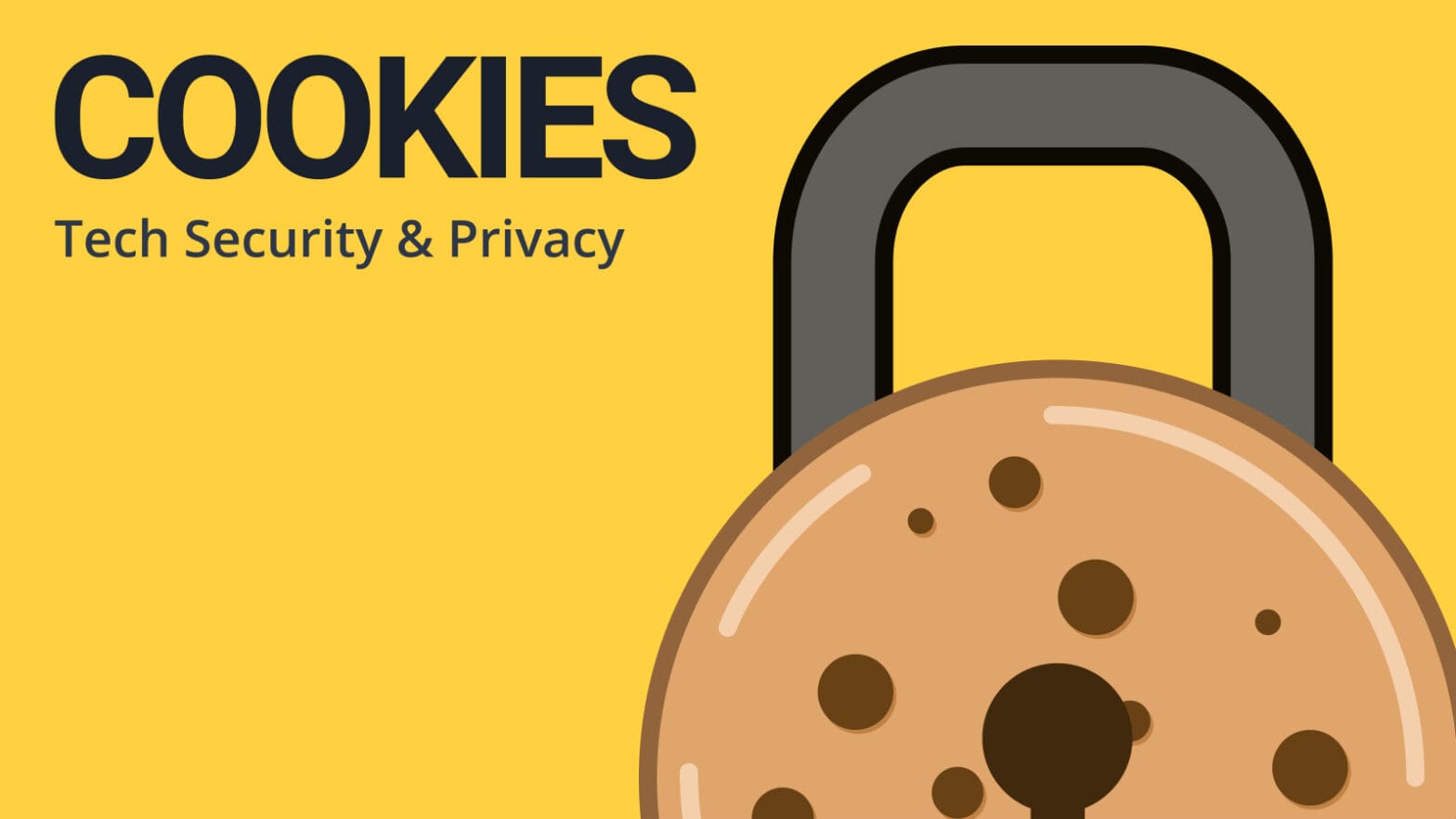
Safeguarding Your Privacy in the Digital Age: A Personal Perspective
In today’s technology-driven world, our online privacy feels like a fleeting concept. Every click, every scroll, and every search is tracked, often without our explicit consent. It’s a reality that most of us accept, but as I delve deeper into the implications of such an ecosystem, I realize that it is crucial to take a step back and contemplate our choices.
Understanding Cookies and Their Role
On my quest to better understand online privacy, I’ve come to learn about cookies—those small data files that websites use to store vital information about our browsing habits. Microsoft, like many other tech giants, utilizes these cookies to enhance user experience and deliver tailored content. Strictly necessary cookies even ensure seamless functionalities on their platforms, enabling everything from logins to performance improvements. However, there’s a flip side: these possibilities come wrapped in a blanket of potential data sharing with third-party vendors, often without us realizing it.
 Cookies: Navigating the fine line between convenience and privacy.
Cookies: Navigating the fine line between convenience and privacy.
But where does the individual user, like you and me, fit into this equation? The answer lies in understanding that we do have some control. The Transparency and Consent Framework empowers users to make informed choices about their personal data. It invites us to decide whether to consent to the use of our information, something that feels liberating amidst a sea of data exploitation.
The Necessity of Social Media Cookies
Living in a hyper-connected world makes social media an indispensable element of our lives. I often find myself sharing articles, gardening tips, or pickling recipes on platforms like Facebook and Twitter. While I enjoy this seamless sharing, I acknowledge that social media cookies track my interactions across multiple sites, building a profile of my interests. This can personalize my experience greatly, but at what cost?
It is this peculiar duality that keeps me awake at night: enjoying the convenience of personalized ads while wondering how much of my privacy I am sacrificing. If you opt out of social media cookies, you might miss out on those engaging tools designed to share content. But perhaps it’s worth it to consider what’s more important—personal convenience or our fundamental right to privacy?
Advertising Cookies: A Double-Edged Sword
While browsing online, I often come across ads that seem eerily aligned with my current desires. That’s no coincidence—it’s the magic of advertising cookies. These tools track my behavior and highlight products based on my interests. The problem, however, arises when we realize that these cookies don’t store personal information directly, yet they cultivate a highly identifiable profile of us.
Just recently, I clicked on an ad for some artisanal pickling jars. Within minutes, I noticed a cascade of similar ads following me across various websites. It illustrates an important point: targeted advertising can enhance the shopping experience, yet it raises ethical questions regarding user consent and data ownership.
 Ads can be useful, but they often come at a price.
Ads can be useful, but they often come at a price.
It’s becoming increasingly clear that the tug-of-war between personalized experiences and privacy is something we must navigate consciously. The reality we face is that if we choose to not allow these cookies, our online experiences may be less tailored but our privacy is at stake. This is a true conundrum in our digital age.
Conclusion: Taking Control of Your Digital Footprint
At the end of the day, I believe it’s about finding the right balance. We can embrace technology while safeguarding our privacy by understanding how data works, asking the right questions, and exercising our choices. Organizations should prioritize our consent and treat our data with respect, but we as consumers must equally take charge of our online interactions.
As we move forward into an increasingly digital landscape, let’s vow to prioritize our privacy while enjoying the myriad of conveniences technology offers. Remember, staying informed is your best defense in this ever-evolving battle for personal data. Let’s celebrate our right to consent in the digital realm and ensure our online experiences resonate with our values.
Further Reading
If you’re interested in diving deeper into the intricacies of online privacy, take a look at Microsoft’s privacy statement for more detailed information about how they handle user data and your rights.
 Our rights to privacy must be defended.
Our rights to privacy must be defended.













